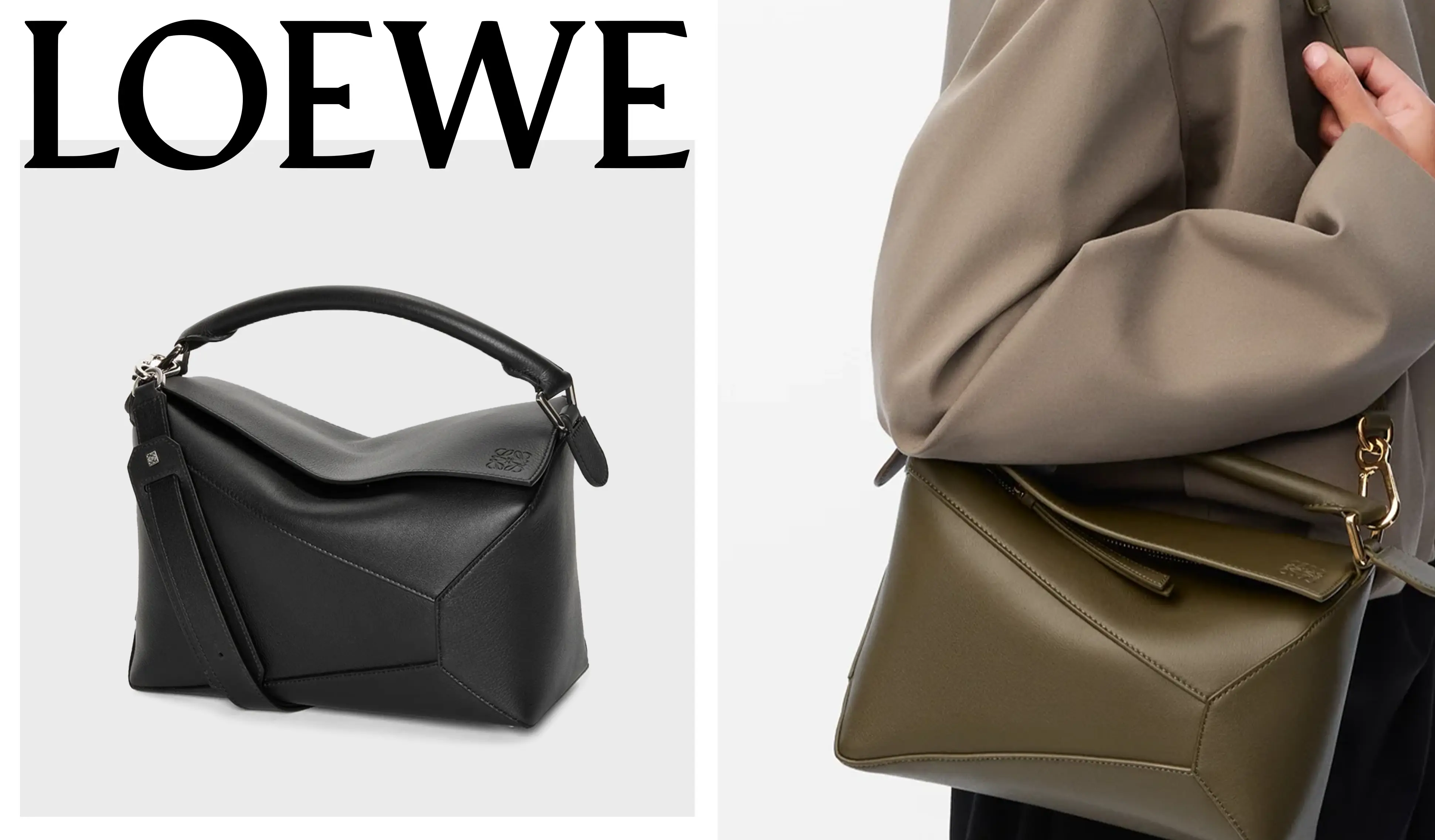As one of the most versatile and hardy fabrics used in fashion, denim is a wardrobe staple for people around the world and its popularity is only growing. With more than 4.5 billion pairs of jeans sold worldwide in 2018 and a predicted rise in sales of 3.9% by 2027, it’s past time to examine the sustainability and ethics of our denim industry and find ways to mitigate the effects.
Denim is a cotton fabric, given its iconic colouring by indigo-dyed warp (vertical) threads alongside white weft (horizontal) threads. This patterning is why jeans are often white on the inside and blue on the outside, giving us the classic blue denim look. While denim has traditionally been worn by workers, owing to the hardiness of the material, it has far outgrown its utility, becoming one of the most popular fashion fabrics in the world. Innovations in denim production to manufacture different colours, compositions, and styles has ensured the exponential growth of denim’s popularity, making it a go-to staple for the fashion industry and consumers alike. But the global demand for denim hides the negative impacts of the industry, all of which are slated to grow alongside the material’s popularity.
Even before exploring the environmental impact of denim production, the ethics of the industry’s work practices can be called into question, particularly in majority countries like China, India, and Pakistan, where most denim production takes place. Throughout the process, workers face hazards that can cause immense harm to them, such as breathing in dust and fibres while spinning cotton and experiencing hearing loss due to the noise pollution of machinery. In a 2011 study on employees of the spinning and weaving industry in Ichalkaranji, India, over three quarters of workers across the two areas were at risk of or affected by hearing loss due to their work.
Women in the denim supply chain – that is, approximately 80% of all garment workers – experience added layers of exploitation, with sexual harassment and assault unfortunately all too common. In Lesotho, a small, enclaved country encircled by South Africa, denim is a major contributor to the economy, with the garment industry making up around 20% of the country’s GDP. Lesotho’s denim factories made international headlines in 2019 when the Workers’ Rights Consortium (WRC) released a report about the rampant sexual violence perpetrated by supervisors against female workers. With women forced to choose between rape and destitution, harassment and assault became a prerequisite for employment: pay roll worker Thebelang Mohapi was sacked when she refused to have sex with her supervisor.
I feel angry every day that I was punished and this man is still there, taking home a salary. Nobody cares what is happening to us women there.
– THEBELANG MOHAPI, A WORKER IN A LESOTHO DENIM FACTORY.
Mohapi’s husband also worked at the denim factory, artificially distressing jeans by rubbing holds in the knees of new pairs, but he fell ill from inhaling denim fibres, which forced him to quit. Unsafe conditions in this denim factory pushed this family ever closer to poverty and poor health, but this is not the only factory treating their workers poorly: two other Lesotho factories owned by the same company faced similar outcry, while industry insiders claim that most factories across the globe aren’t any better than those in Lesotho. Even the few garment factories remaining in Australia are rife with exploitation, from underpaying employees to workplace safety risks.
While the exploitation of employees isn’t unique to the denim industry, it leads the pack with its environmental impacts, especially regarding water usage. Between growing and processing the cotton, washing the product, and dying it, the production of a single pair of jeans consumes approximately 11,000 litres of water. Times that by around three and a half billion pairs produced annually, and you can see the sheer magnitude of the denim industry’s water footprint. And it’s not just using water that’s the problem – denim production can also heavily pollute local waterways, with all manner of chemicals required for dying, softening, and fading the material ending up in rivers. This type of industrial waste takes place all over the world, and with 1 in 10 people living without clean water close to home, the waste and pollution of waterways only worsens global health and poverty outcomes.
The ethics and sustainability of the denim industry interact in a cycle. workers in the industry are exploited, endangered, and made ill through their workplaces – factories whose practices decimate and contaminate the environment around them. These local employees must then find a way to live within these damaged environments, trying to survive without clean water (or any water at all). The difficulties of living in such conditions means that people are desperate for work, unable to fight back against exploitative work practices and completing the loop.
Ultimately, there’s a lot of work to be done in reducing the impact of the denim industry, but consumers aren’t powerless in creating change. Your choice is important: buying fast fashion supports these poor practices, while buying from sustainable and ethical brands mitigates the industry’s overall impact. Stay tuned for the second part of this feature on the denim industry, where we’ll delve into the best denim brands and tell you why and how you should support them!
If you want to learn more about ethical fashion, have a look at our feature about Good On You, an app that rates fashion brands based on ethics and sustainability.








.png)












.png)